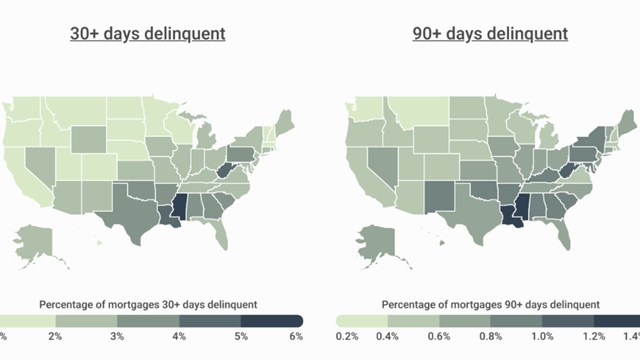As New York City’s real estate market navigates its emergence from COVID-19 torpor, the question at the forefront of many industry professionals, apartment owners, and owner-wannabees’ minds is how the sales process - normally a very personal, contact-heavy experience - will change.
Adapt or Die
The real estate sales market - in particular the individual apartment market (as opposed to that for entire buildings), is a micro-inspection process. Apartments are not an impulse buy; buyers want to get into units, and they want to ‘kick the tires,’ so to speak. The insidious nature of COVID-19 disrupted the normal apartment showing and selling templates. Inspections of all types were prohibited, and that in turn affected every step from listing to closing - and even extended after-closing, to move-ins and move-outs.
According to Michael Rossi, CEO of Manhattan-based brokerage Elegran, “When we realized in March the gravity of COVID-19, we wanted our agents and staff to feel safe, supported, and informed. We approached this period as a time to focus on how we could return to the office in a position of strength and provide our agents with the resources to do so. Some of our efforts included increasing internal trainings, database clean-up, re-targeting and connecting with clients, securing PPE for our office, establishing safety protocols, and hosting weekly virtual meetings to discuss shutdown issues affecting our company and agents. We also established a recurring series of consumer-facing webinars to help consumers navigate this unprecedented environment.”
The next steps, says Jared Antin, Elegran’s Director of Sales, are forward looking, with a focus on adapting to a changed landscape. “In conjunction with the greater brokerage community in New York City, we have put together new protocols to ensure real estate transactions can be conducted safely and efficiently,” he says. “In addition to staying home if sick or exposed to others who are sick, key points include leveraging virtual tours wherever possible, following social distancing recommendations, wearing proper face coverings and practicing good hygiene when in-person interactions are required. Specifically, attendees at appointments will be limited to only necessary participants. We will conduct multiple showings if needed to accommodate all decision makers. Additionally, showings will be by appointment only, with strict adherence to start and end times, in order to provide ample time to clean and disinfect the apartment before and after each showing.”
Safety First
Eric Benaim, CEO of Modern Spaces, a brokerage firm based in Long Island City, adds, “I’m part of the REBNY committee putting together guidelines for new procedures. These guidelines serve to protect the safety of not just brokers, but also homeowners and clients. Our firm is doing everything possible to prepare for NYC’s reopening.” When it comes to their workplace and staff safety, he says, “We’ve already begun doing multiple cleanings throughout each of our offices and have stocked up on PPE and cleaning supplies. We also conducted an agent survey to determine how comfortable our people feel about coming back to the office. We are separating workstations where possible, and in certain offices we will be implementing a schedule for agents to ensure their safety.”
Deborah Miller, a broker with Halstead based in their Harlem office, reports similar efforts to work within current circumstances, but at the same time to keep pushing transactions forward. “Our common goal is to minimize the spread of the virus by limiting in person encounters. We are upgrading our online presence with additional videos, Zoom and FaceTime walkthroughs, and virtual open houses. We are talking in real time to buyers, sellers, colleagues and prospects much more, sending fewer emails in favor of more live, person-to person conversations on phones and other electronic devices. As a requirement for physical access, some boards and managing agents are requiring that we pre-screen visitors by requesting proof of funds and or a pre-approval dated post June 1, 2020, as a prerequisite for scheduling in-person access.
“Buildings are developing their own visitor, showing, elevator and amenity-use policies, accordingly,” adds Antin. “It’s too early to tell exactly how consistent each building policy will be. Agents will need to stay on top of an ever-changing array of policies that are bound to differ from building to building based on the size, composition and amenities of each.”
One thing is for sure: a return to transactional business is coming, but it will look and feel very different than before the COVID-19 crisis. Nevertheless, New York’s brokerage community is ready.










Leave a Comment